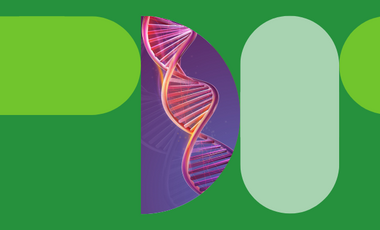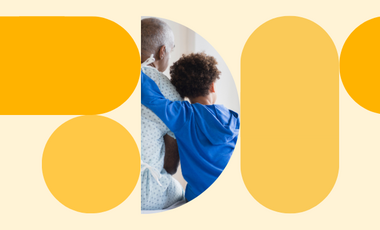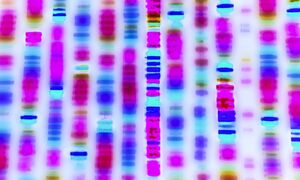Whole genome sequencing reveals cause of rare eye condition in South Asian and African communities
A recent study by Samantha Malka and colleagues used data from the 100,000 Genomes Project to find genetic causes of a rare eye condition in South Asian and African communities.






